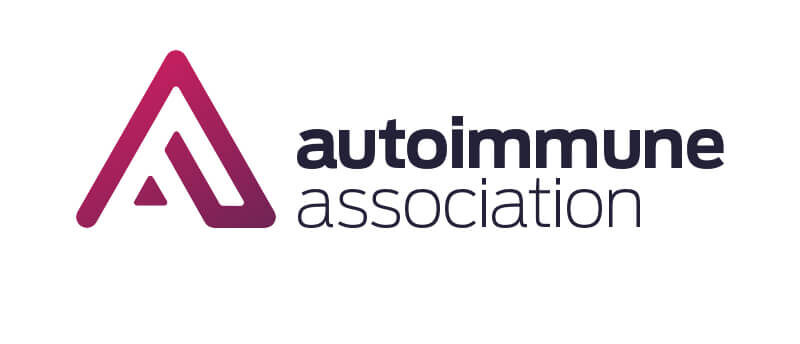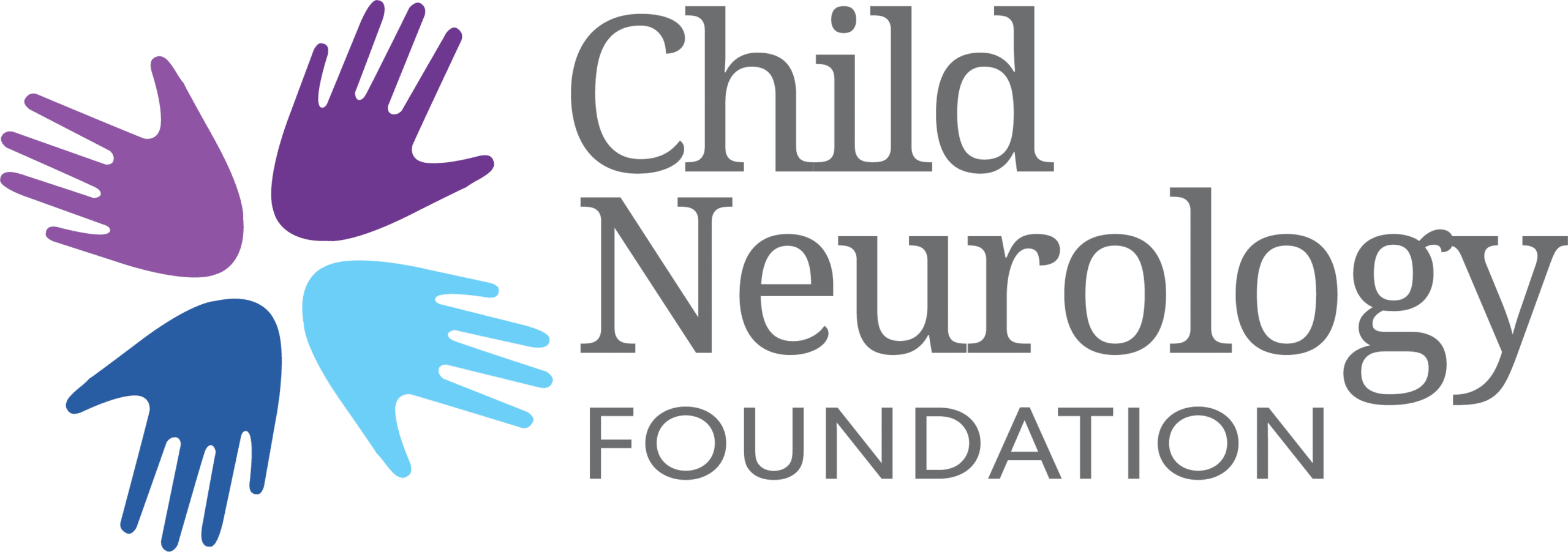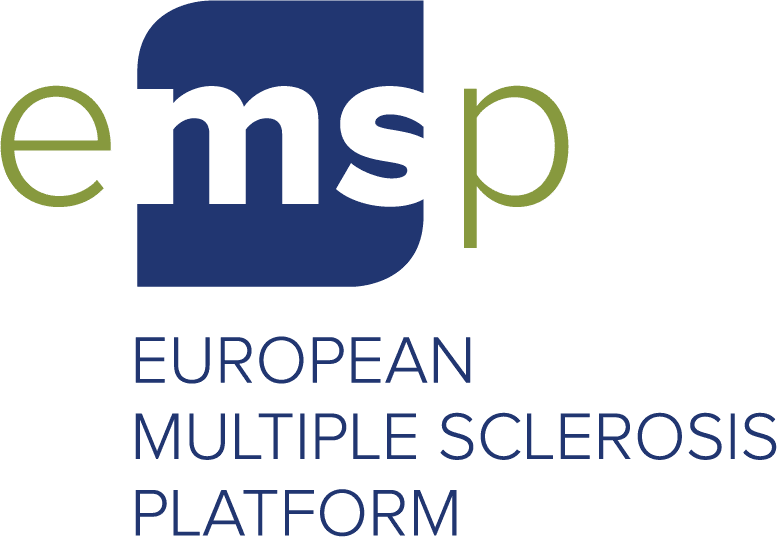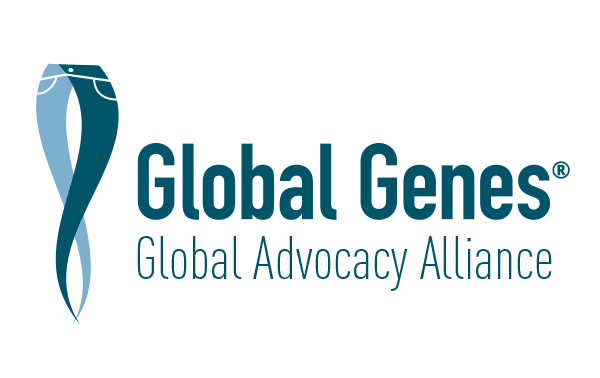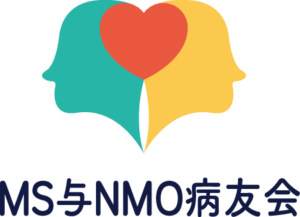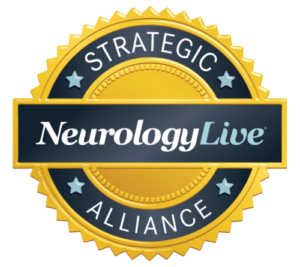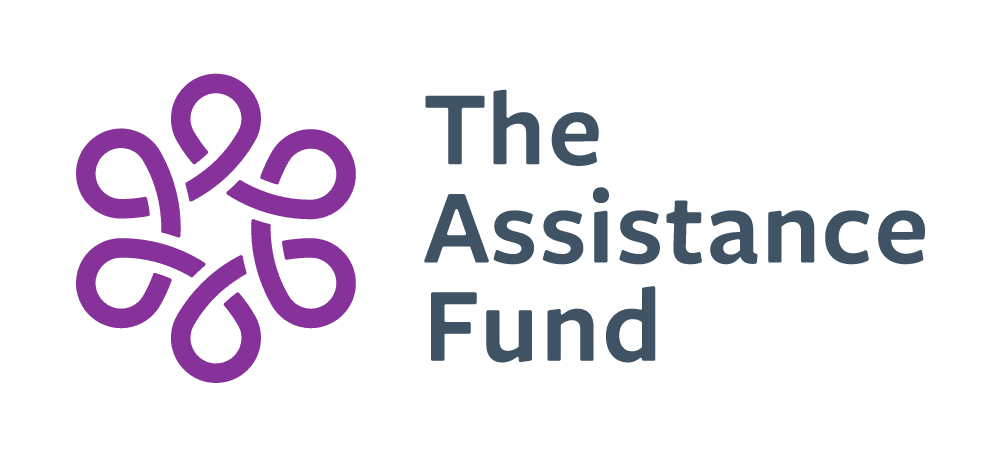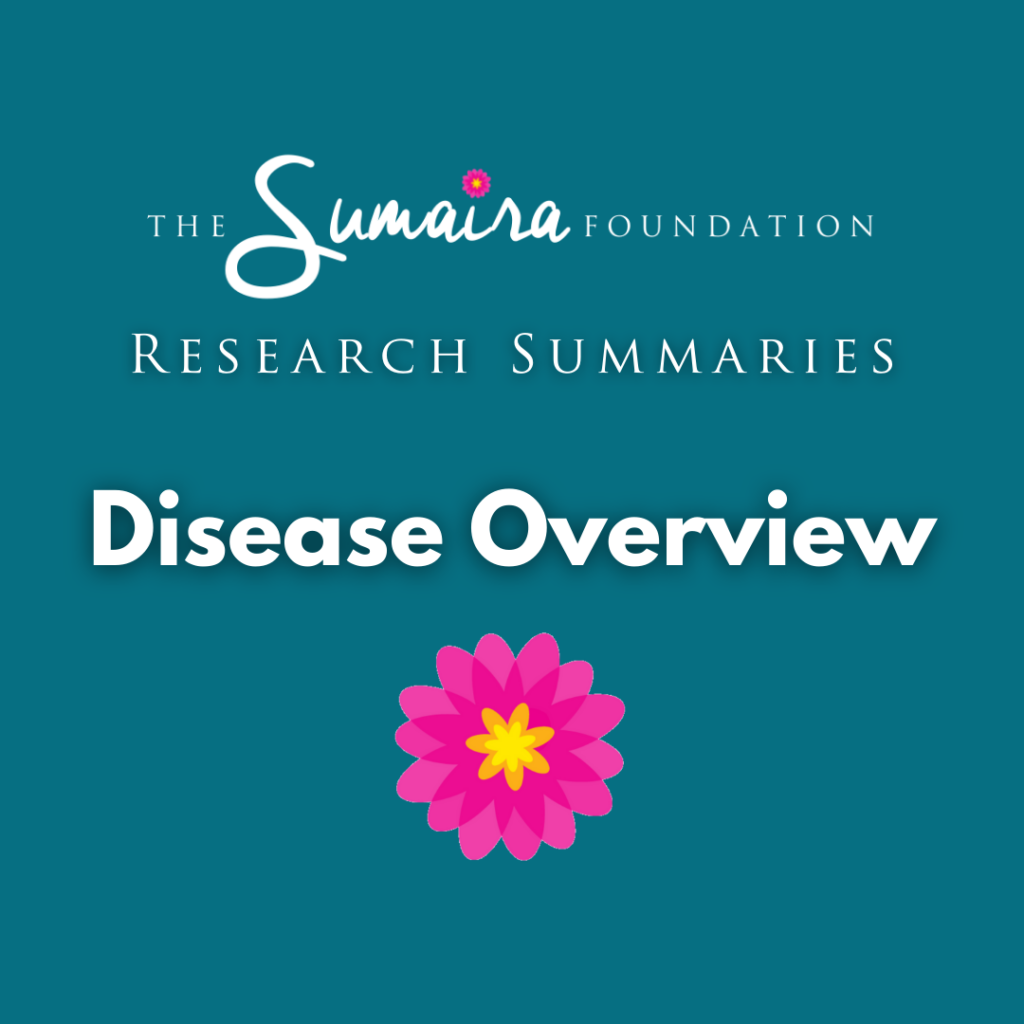
Myelin-oligodendrocyte glycoprotein antibody-associated disease
Journal: The Lancet Neurology; September 1, 2021
Author(s): Romain Marignier, Yael Hacohen, Alvaro Cobo-Calvo, Anne-Katrin Pröbstel, Orhan Aktas, Harry Alexopoulos, Maria-Pia Amato, Nasrin Asgari, Brenda Banwell, Jeffrey Bennett, Fabienne Brilot, Marco Capobianco, Tanuja Chitnis, Olga Ciccarelli, Kumaran Deiva, Jérôme De Sèze, Kazuo Fujihara, Anu Jacob, Ho Jin Kim, Ingo Kleiter, Hans Lassmann, Maria-Isabel Leite, Christopher Linington, Edgar Meinl, Jacqueline Palace, Friedemann Paul, Axel Petzold, Sean Pittock, Markus Reindl, Douglas Kazutoshi Sato, Krzysztof Selmaj, Aksel Siva, Bruno Stankoff, Mar Tintore, Anthony Traboulsee, Patrick Waters, Emmanuelle Waubant, Brian Weinshenker, Tobias Derfuss, Sandra Vukusic and Bernhard Hemmer
An overview of MOGAD
Myelin-oligodendrocyte glycoprotein antibody-associated disease (MOGAD) is a recently identified autoimmune disorder that can appear in both adults and children and is characterized by demyelination of the central nervous system. While it might appear similar to multiple sclerosis and NMOSD, cumulative biological, clinical, and pathological evidence indicates MOGAD to be a distinct disease. Patients who test positive for anti-MOG antibodies should not be diagnosed with multiple sclerosis or NMOSD. However, many questions related to the role of anti-MOG antibodies in the disease course of MOGAD remain unanswered, and more evidence is required regarding how and when to treat patients.
Free Access: Abstract only







